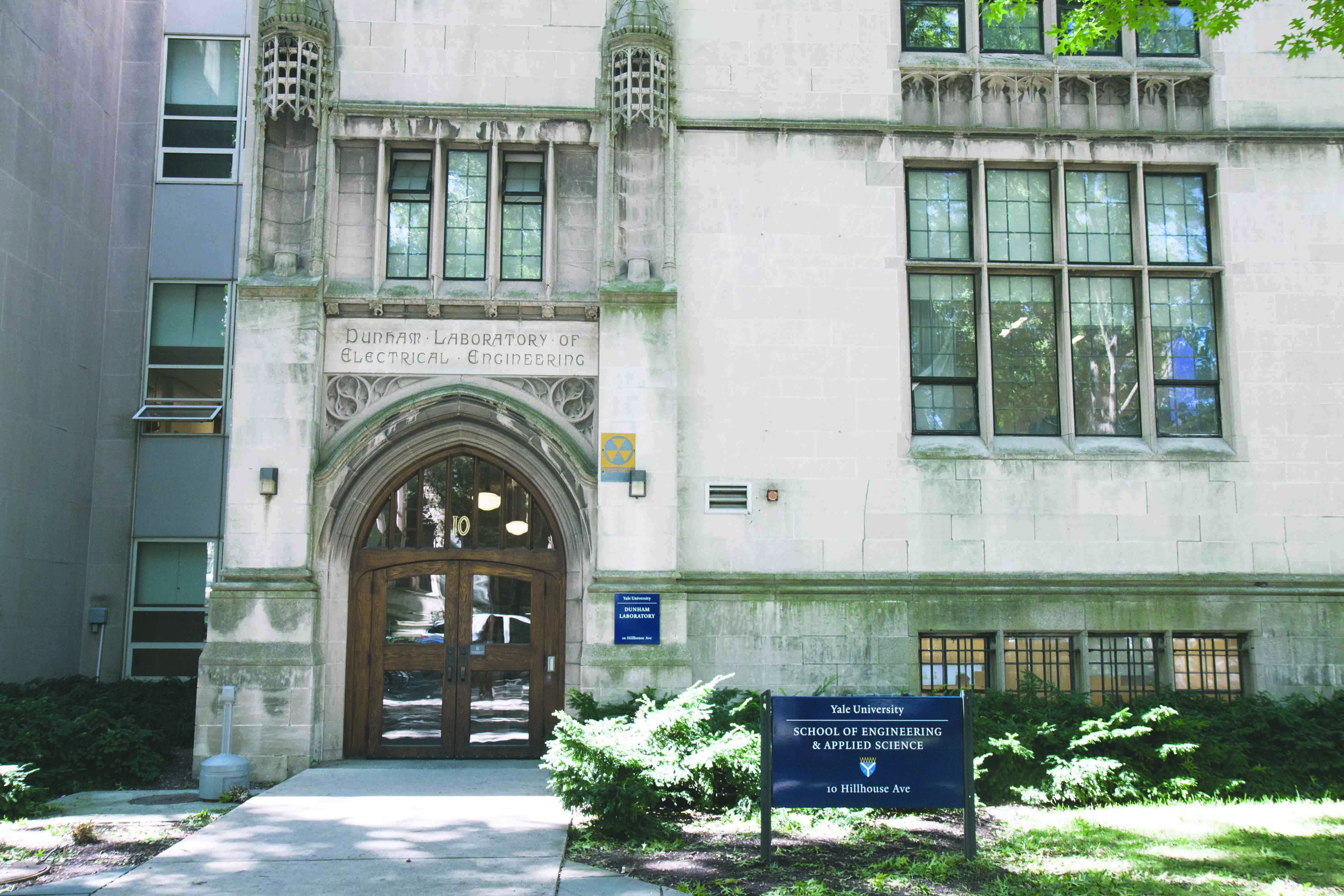
Yale Daily News
Following recommendations from the University Science Strategy Committee, the Graduate School of Arts and Sciences announced two new policies that will make more funding available to its students in the sciences in December.
As of this summer, graduate students in the Faculty of Arts and Sciences Physical Sciences, School of Engineering and Applied and Sciences and Ecology & Evolutionary Biology will be eligible for 12 months of funding for University fellowships, as opposed to the previous policy of just nine months. The change aligns the funding policies for graduate students in these fields with those for students in the humanities and social sciences. Prior to the decision, students in the aforementioned areas of study received funding for the three months of summer from departments or faculty members’ grants. The new change will ease transitions into labs for first years, according to a December email sent from the Dean of the Graduate School of Arts and Sciences Lynn Cooley.
Per the second policy change, the graduate school will now match externally-secured fellowships with an added $4,000 in stipend for doctoral students in FAS science and engineering departments, and the Yale School of Forestry & Environmental Studies will do the same for F&ES students, beginning in July 2019.
According to Cooley’s December email, the policies strengthen Yale’s investment in graduate student education in science and engineering. She added that she is considering additional steps to further the University’s academic priorities in those fields.
“The new policies benefit both faculty and students,” Cooley wrote in an email to the News. “Faculty because they relieve some of the pressure to fund students on their research grants, and thereby [make] their grant dollars go farther. Students because most of the [University Fellowships] go to first-year students, and the extra three months gives them more time to find the right lab to join.”
These changes follow recommendations from the USSC report — released in summer of 2018 — which called for increased central funding for graduate student programs in the sciences. According to a December email sent from Vice Provost for Research Peter Schiffer, the funding marks “a substantial commitment by the university to improve internal support for graduate students.”
The increased access to funds comes amidst increased grant rejections, as cited by a number of Faculty of Arts and Sciences professors. Professors interviewed by the News pointed to increased competition for obtaining government funding in the sciences, leading to difficulties maintaining labs and research projects. Molecular, Cellular and Developmental Biology professor Joel Rosenbaum — who recently closed his research lab due to budgetary constraints — said that these policy changes would assist in funding graduate student research.
“I am certainly in favor of increasing grad students stipends across the board, and especially if they have done the additional work to get fellowships,” Rosenbaum said. “Certainly, Yale funding should be additive to the fellowships as it will encourage students to apply for them.”
According to Steve Lamoreaux, director of graduate admission in the physics department, said students would likely be happy with the changes. He added that while there is no requirement for students to secure external funding, admission into physics graduate programs often relies on the student interest in subfields with more readily available funds. Accordingly, he said that the stipends topping external funding will provide students the flexibility to work in areas less supported by grants. Lamoreaux added that this opportunity would likely assist with efforts to recruit graduate students.
Stephen Gaughran GRD ’21, chair of the Graduate Student Assembly, said the funding will increase the financial security of graduate students in natural science fields.
“It should especially help first-year students who are most at risk for summer funding security issues during their first summer at Yale,” Gaughran said. “In the GSA, we continue to advocate for equitable, secured funding for all GSAS students, and this is an important step towards that goal.”
University President Peter Salovey identified science as a top academic priority for the University in November 2016.
Carly Wanna | carly.wanna@yale.edu







